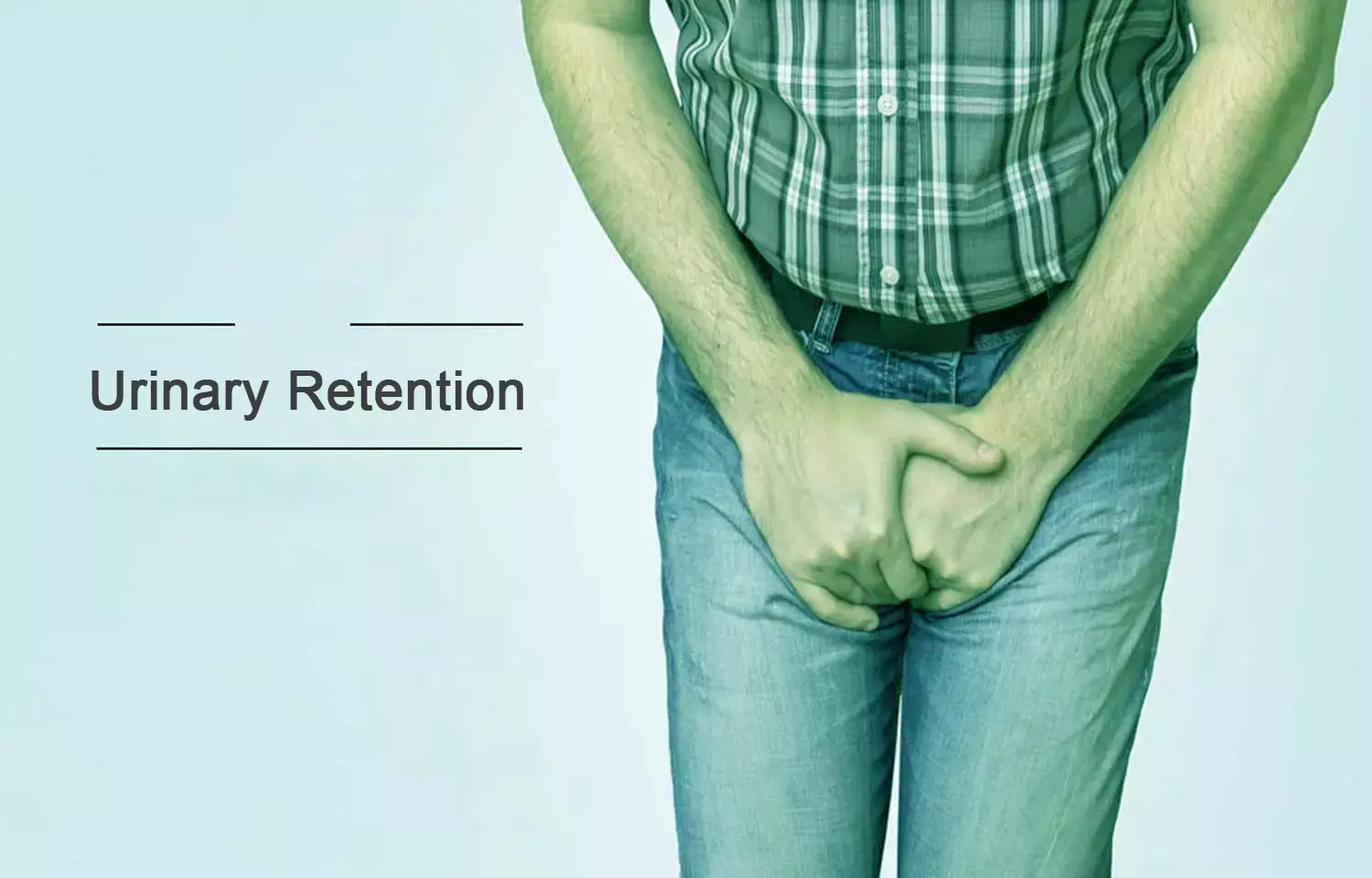- Home
- Medical news & Guidelines
- Anesthesiology
- Cardiology and CTVS
- Critical Care
- Dentistry
- Dermatology
- Diabetes and Endocrinology
- ENT
- Gastroenterology
- Medicine
- Nephrology
- Neurology
- Obstretics-Gynaecology
- Oncology
- Ophthalmology
- Orthopaedics
- Pediatrics-Neonatology
- Psychiatry
- Pulmonology
- Radiology
- Surgery
- Urology
- Laboratory Medicine
- Diet
- Nursing
- Paramedical
- Physiotherapy
- Health news
- Fact Check
- Bone Health Fact Check
- Brain Health Fact Check
- Cancer Related Fact Check
- Child Care Fact Check
- Dental and oral health fact check
- Diabetes and metabolic health fact check
- Diet and Nutrition Fact Check
- Eye and ENT Care Fact Check
- Fitness fact check
- Gut health fact check
- Heart health fact check
- Kidney health fact check
- Medical education fact check
- Men's health fact check
- Respiratory fact check
- Skin and hair care fact check
- Vaccine and Immunization fact check
- Women's health fact check
- AYUSH
- State News
- Andaman and Nicobar Islands
- Andhra Pradesh
- Arunachal Pradesh
- Assam
- Bihar
- Chandigarh
- Chattisgarh
- Dadra and Nagar Haveli
- Daman and Diu
- Delhi
- Goa
- Gujarat
- Haryana
- Himachal Pradesh
- Jammu & Kashmir
- Jharkhand
- Karnataka
- Kerala
- Ladakh
- Lakshadweep
- Madhya Pradesh
- Maharashtra
- Manipur
- Meghalaya
- Mizoram
- Nagaland
- Odisha
- Puducherry
- Punjab
- Rajasthan
- Sikkim
- Tamil Nadu
- Telangana
- Tripura
- Uttar Pradesh
- Uttrakhand
- West Bengal
- Medical Education
- Industry
Tamsulosin effective treatment for urinary retention after pelvic organ prolapse: Study

Pelvic organ prolapse is often treated by alpha receptor antagonists. It improves dysfunctional voiding by easing the bladder muscles.
A new study by Dr Graham C chapman MD and team has found that tamsulosin is effective in preventing postoperative urinary retention in women undergoing surgery for pelvic organ prolapse. The study is published in American Journal of Obstetrics and Gynecology.
The objective of the study was to determine whether tamsulosin is effective in preventing postoperative urinary retention in women undergoing surgery for pelvic organ prolapse.
The study was designed as a a multicenter, double-blinded, randomized controlled trial between August 2018 and June 2020, including women undergoing surgery for pelvic organ prolapse. Patients were excluded from recruitment if they had elevated preoperative postvoid residual volume, history of postoperative urinary retention, or a contraindication to tamsulosin. Those who experienced cystotomy were excluded from analysis. Participants were randomized to a 10-day perioperative course of tamsulosin 0.4 mg vs placebo, beginning 3 days before surgery. A standardized voiding trial was performed on postoperative day one.
Results of the study were
• The study was primarily assessed for development of postoperative urinary retention, Secondary outcomes included the rate of urinary tract infection and the impact on lower urinary tract symptoms as measured by the American Urological Association Symptom Index.
• Of 119 patients, 57 received tamsulosin and 62 received placebo. Groups were similar in regard to demographics, preoperative prolapse and voiding characteristics, and surgical details.
• Tamsulosin was associated with a lower rate of postoperative urinary retention than placebo (5 patients [8.8%] vs 16 patients [25.8%]; odds ratio, 0.28; 95% confidence interval, 0.09–81; P=.02). The number needed to treat to prevent 1 case of postoperative urinary retention was 5.9 patients.
• The rate of urinary tract infection did not differ between groups. American Urological Association Symptom Index scores significantly improved after surgery in both groups (median total score, 14 vs 7; P<.01). Scores related to urinary stream improved more in the tamsulosin group than in placebo (P=.03).
Dr Chapman and team concluded that "In this placebo-controlled trial, tamsulosin use was associated with a reduced risk of postoperative urinary retention in women undergoing surgery for pelvic organ prolapse."
For further information:
https://doi.org/10.1016/j.ajog.2021.04.236
Medical Dialogues consists of a team of passionate medical/scientific writers, led by doctors and healthcare researchers. Our team efforts to bring you updated and timely news about the important happenings of the medical and healthcare sector. Our editorial team can be reached at editorial@medicaldialogues.in.
Dr Kamal Kant Kohli-MBBS, DTCD- a chest specialist with more than 30 years of practice and a flair for writing clinical articles, Dr Kamal Kant Kohli joined Medical Dialogues as a Chief Editor of Medical News. Besides writing articles, as an editor, he proofreads and verifies all the medical content published on Medical Dialogues including those coming from journals, studies,medical conferences,guidelines etc. Email: drkohli@medicaldialogues.in. Contact no. 011-43720751


